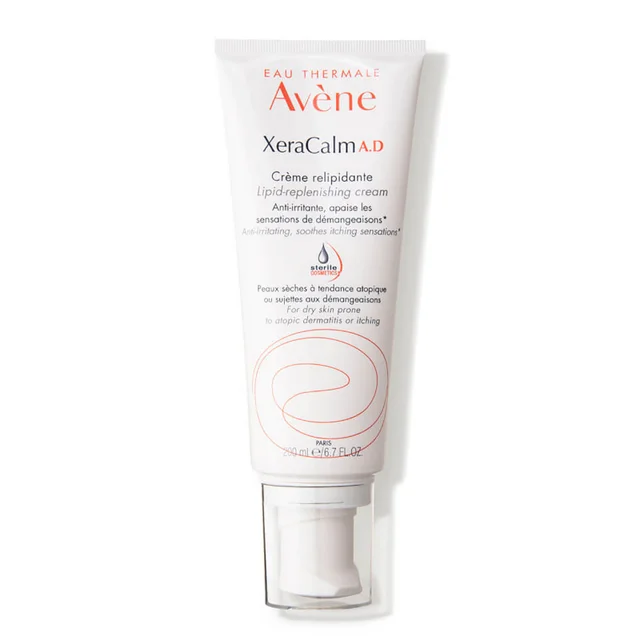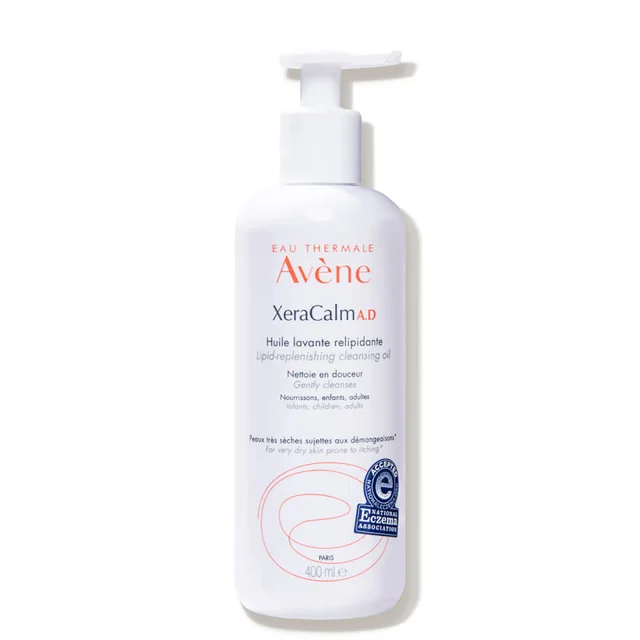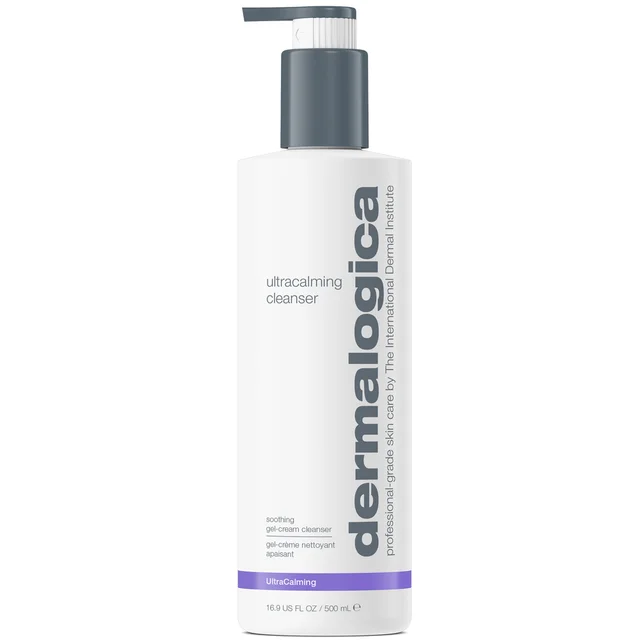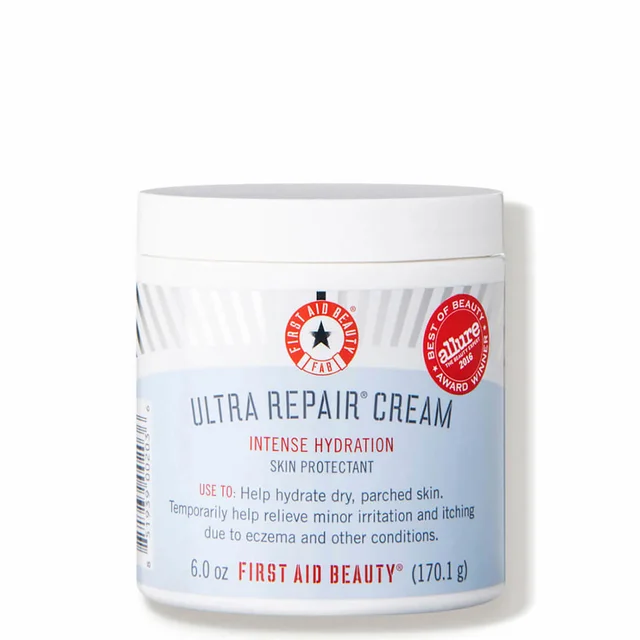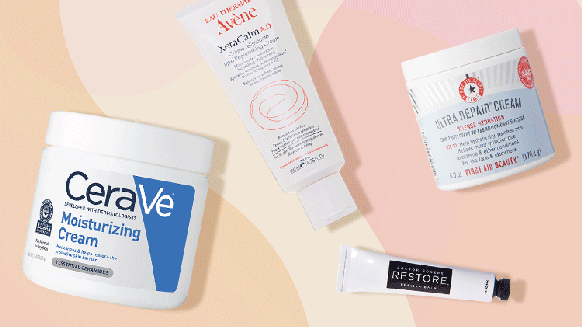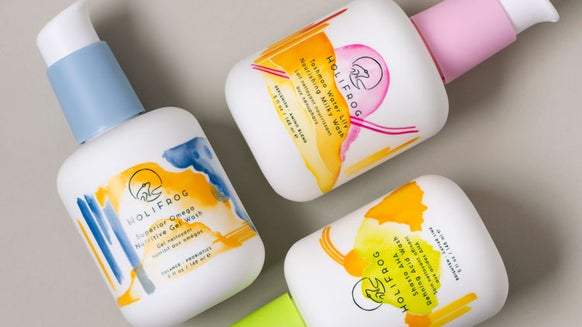4 Ways to Treat Eczema on Your Hands
If you've ever experienced inflamed and itchy hands, you have a taste of just how uncomfortable hand eczema can be. Hand dermatitis is a condition that affects up to 10 percent of the population at some point during their lives. Hand eczema can be caused by an allergy, chemical exposure, genetics or even frequent handwashing. Often characterized by redness, itching, peeling, cracks and even blisters, this type of eczema can be painful and more difficult to treat than other types of eczema.
Moisturize Regularly
One of the primary concerns with hand eczema is dry, flaky skin, so it makes sense that frequent moisturizing can help. Many cases of hand eczema are related to allergies, so use a moisturizer that's free of fragrances, irritants and chemical preservatives. Always apply moisturizer after you shower or wash your hands, or at any other times when your hands feel dry or scaly.
Try Soap Substitutes
Many soaps, detergents and other cleaning products are harsh on skin—as is frequent handwashing. People who work as cleaners, hairstylists and healthcare providers have a higher risk of contracting irritant contact dermatitis on their hands because of that exposure. Soap substitutes effectively clean your hands but spare you the irritation of harsher cleansers. Examples include liquid hand sanitizers, handwashing oils, soap-free detergents, emollient bath oils and emollient shower gels.
Use Emollients
Although the terms "moisturizer" and "emollient" are often used interchangeably, emollient refers to a specific, noncosmetic type of softening compound. Emollient ingredients soften the skin and help restore your normal skin moisture barrier, preventing flaky or cracked skin. Emollients might come in the form of a cream, ointment, lotion or gel. Creams are often the preferred choice for eczema sufferers because they feel cool and soothing upon contact.
Apply Topical Corticosteroids
Eczema on the hands can be tougher to treat than on the rest of the body, so often doctors will prescribe stronger topical treatments for hand-centric eczema. Steroids reduce inflammation, ease itching and can help your skin feel cool, moist and comfortable for long enough to resolve some cases of hand eczema. Many topical corticosteroids are available over the counter, and dermatologists can prescribe stronger formulas as well. Although steroids can clear up most of the nasty symptoms associated with hand eczema, they do have some negative side effects that come with long-term use, such as thinning skin.
This article has been reviewed by board-certified dermatologist Dr. Emmy Graber.

From the latest hair and makeup trends to the best solutions for your skin issues, we've got all your beauty concerns covered!
